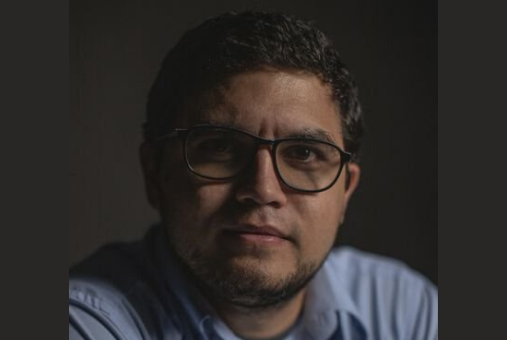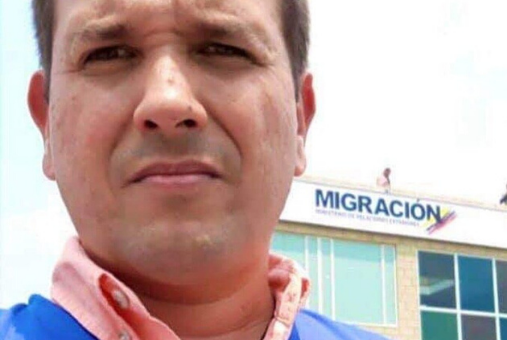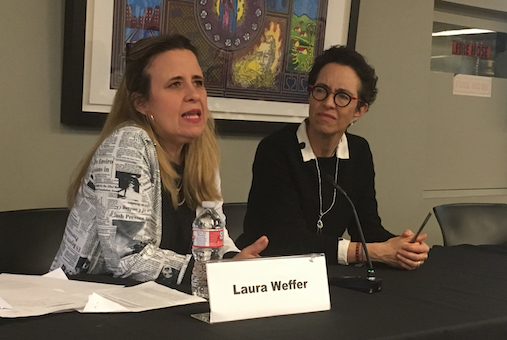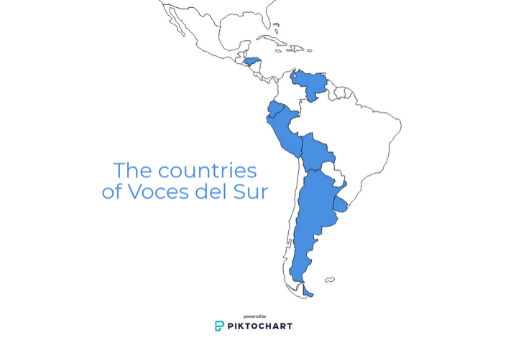Venezuelan officials released German journalist Billy Six on March 15 after he spent four months in detention.

Venezuelan journalist Luis Carlos Díaz has been charged with public incitement, but was released from detention on the evening of March 12, according to freedom of expression organization Espacio Público.

U.S. journalist Cody Weddle is expected to be deported from Caracas, Venezuela after nearly 12 hours in detention with military counterintelligence.

The blocking of news sites reporting on the ongoing social and political crisis in Venezuela continued as opposition leader Juan Guaidó returned to the country after a 10-day tour of the region seeking support to overthrow the government of Nicolás Maduro.

Venezuelan journalist Mario Peláez was released on March 3, four days after the National Guard detained him at the Colombia-Venezuela border and then handed him over to the Bolivarian National Intelligence Service (Sebin, for its initials in Spanish), according to the National Union of Press Workers (SNTP) of Venezuela.

Weffer explained that beyond the blocking and censorship, the crisis of journalism in Venezuela also has to do with the fact that the profession lost the trust of the people.
![Palacio de Miraflores (Guillermo Ramos Flamerich [CC BY-SA 4.0 (https://creativecommons.org/licenses/by-sa/4.0)])](https://latamjournalismreview.org/wp-content/uploads/2020/06/Palacio_de_Miraflores_2015.jpg)
As the sociopolitical crisis in Venezuela deepens and President Nicolás Maduro fights to remain in power, journalists in the country are targeted by assaults, detentions, thefts of their work material and blocking of their internet sites and television channels.
![The Helicoide building in Caracas, where Billy Six is being held (Damián D. Fossi Salas [CC BY-SA 2.0 (https://creativecommons.org/licenses/by-sa/2.0)], via Wikimedia Commons)](https://latamjournalismreview.org/wp-content/uploads/2020/06/The-Helicoide-building-in-Caracas-where-Billy-Six-is-being-held.png)
German journalist Billy Six, imprisoned in Venezuela since mid-November, began a new hunger strike on Feb. 3 and "demands his immediate release," according to the Venezuelan organization Espacio Público.
![The Helicoide building in Caracas, where Billy Six is being held (Damián D. Fossi Salas [CC BY-SA 2.0 (https://creativecommons.org/licenses/by-sa/2.0)], via Wikimedia Commons)](https://latamjournalismreview.org/wp-content/uploads/2020/06/The-Helicoide-building-in-Caracas-where-Billy-Six-is-being-held.png)
Three journalists in Venezuela and a blogger in Brazil are among at least 251 journalists jailed around the world in relation to their work.
Venezuela’s largest independent newspaper will stop circulating in print after Dec. 14 and will turn its attention to its website.

Media from Brazil, Mexico, Argentina, Venezuela and Puerto Rico took home prizes as part of the LATAM Digital Media Awards presented by the World Association of Newspapers and News Publishers (WAN-IFRA).

United not only by cultural and geographical similarities, but also by the type of problems that their countries face politically, economically and socially, seven journalistic organizations have formed the Voces del Sur alliance to systematize the monitoring freedom of expression in their countries.